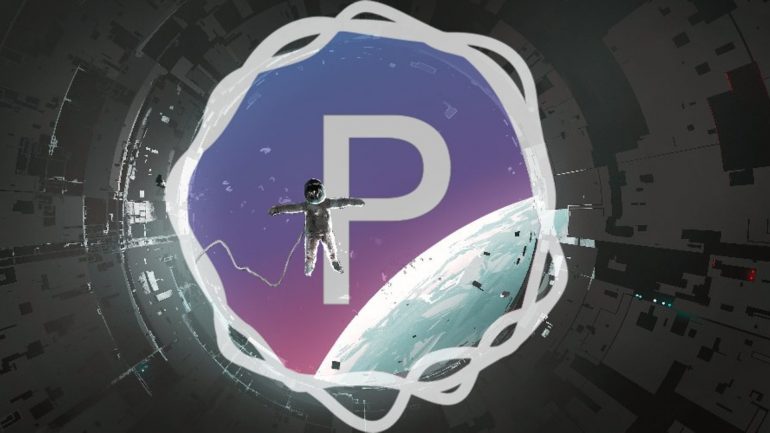Through Republic, Portal Finance, a Bitcoin-based Layer-2 DEX network, has launched its Reg D equity offering. The sale, which began on Monday, July 18th, is open to investors from around the world. This also includes residents and citizens of the United States. By allowing the general public to purchase ownership in Portal, the company is increasing public access to its various services.
Portal Finance’s equity offering and where it will impact
Republic is a multi-asset investing platform that allows everyone to invest in private companies that have undergone prescreening. Fewer than 3% of all startups applying to fundraise on their platform are ultimately accepted. An equity offering under Reg D will allow the general public to participate in an ambitious endeavour to develop DeFi on the Bitcoin network. About 1,900 people will be able to invest. They’ll be able to use fiat money, BTC, USDT, USDC, or ETH to pay for their purchases.
On top of the Bitcoin network, Portal Finance is constructing a full-fledged DeFi ecosystem that is resistant to censorship. It uses the Bitcoin network as a foundation on which to build many censorship-resistant layers of financial apps. Portal Financeis also preparing to deploy its testnet in the next weeks. This coincides with the announcement of the equity sale.
The cross-chain capabilities of Bitcoin is bolstered by Portal’s Layer 2 and Layer 3 technologies. In addition, it makes it easier to develop censorship-resistant communications, media, and one-click cross-chain swaps on top of the Bitcoin network. Coinbase is a major investor in the company.
The execution of off-chain smart contracts can take place privately, off-chain, and peer-to-peer without needing a third party. The third parties cannot govern or monitor asset issuance, swaps, staking, liquidity, or derivatives, among other things. Also, underpinning Portal are atomic swaps, which allow for full decentralization. Furthermore, it’s now possible to transact with native Layer-1 assets across several blockchains without having to worry about delays, frozen funds, or attacks.

